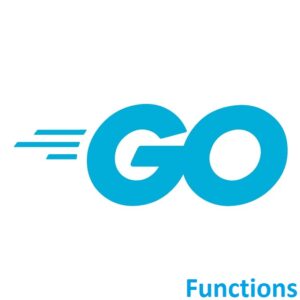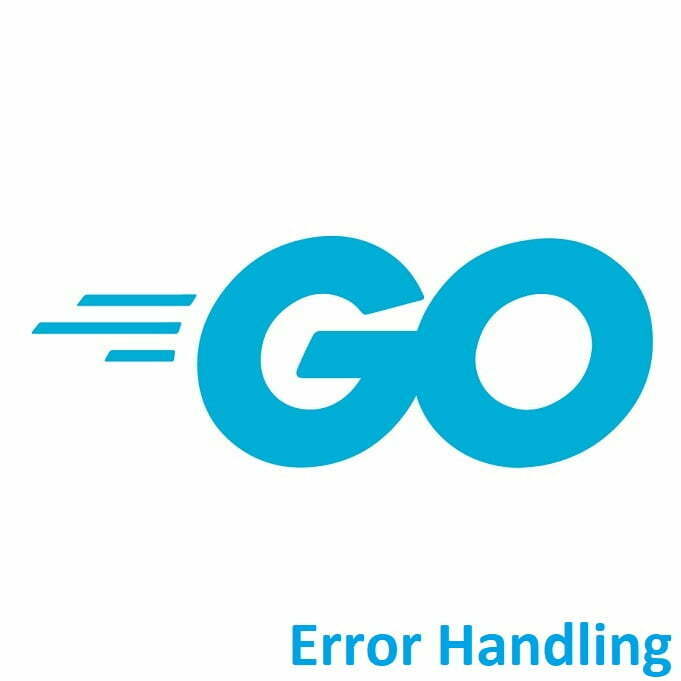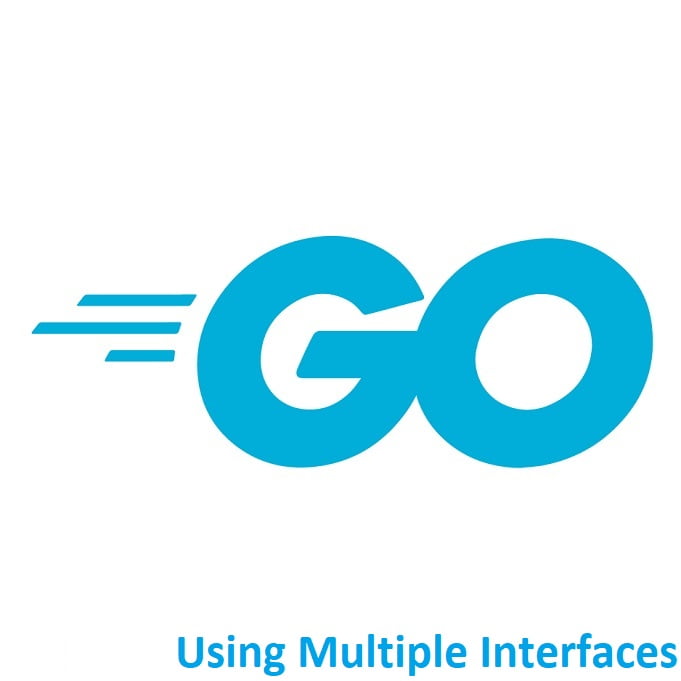
The Building Blocks of Modular and Reusable Code!
Welcome to the world of Golang! Functions are the cornerstone of structured programming in Go, enabling modular, reusable, and efficient code. Understanding functions is crucial for effective software development in Go. This guide explores the essentials of functions, from declaration to advanced techniques, empowering you to utilize this fundamental building block effectively.
In Go, functions are a fundamental building block of the language. Functions in Go are used to define reusable blocks of code that can be executed when called.
Here are some key aspects of Go functions:
Function Declaration:
You declare a function using the func keyword, followed by the function name, a list of parameters (if any), the return type (if any), and the function body enclosed in curly braces.
func functionName(parameter1 type1, parameter2 type2) returnType {
// Function body
}
Function Parameters and Return Values:
Functions can take zero or more parameters, and they can return zero or more values. Parameters are defined with their types, and return values are defined after the function’s parameter list. You can return multiple values from a function.
func add(a int, b int) int {
return a + b
}
Function Invocation:
You call a function by using its name followed by parentheses and passing the required arguments.
result := add(3, 4)
Function Naming Conventions:
Function names in Go typically use camelCase and should be concise and descriptive.
Variadic Functions:
Go supports variadic functions, which can accept a variable number of arguments of the same type. The ... notation is used to denote a variadic parameter.
func sum(numbers ...int) int {
total := 0
for _, num := range numbers {
total += num
}
return total
}
Anonymous Functions (Closures):
Go allows you to define anonymous functions, also known as closures, which can be assigned to variables or used directly.
add := func(a, b int) int {
return a + b
}
result := add(3, 4)
Function as a Type:
In Go, functions can be treated as first-class citizens, meaning you can assign functions to variables, pass them as arguments to other functions, and return them from functions.
Defer, Panic, and Recover:
Go has special keywords for handling errors and cleanup in functions. defer is used to schedule a function call to run after the current function returns. panic is used to signal a panic situation, and recover is used to handle panics.
func main() {
defer cleanup() // Cleanup function will run when main() exits
// ...
}
Golang Code
Here’s a complete Go code example that demonstrates the use of functions. In this example, we’ll create a program that calculates the sum and product of two numbers entered by the user:
package main
import (
"fmt"
)
// Function to calculate the sum of two numbers
func add(a, b float64) float64 {
return a + b
}
// Function to calculate the product of two numbers
func multiply(a, b float64) float64 {
return a * b
}
func main() {
var num1, num2 float64
// Prompt the user to enter the first number
fmt.Print("Enter the first number: ")
_, err1 := fmt.Scanf("%f", &num1)
if err1 != nil {
fmt.Println("Error reading the first number:", err1)
return
}
// Prompt the user to enter the second number
fmt.Print("Enter the second number: ")
_, err2 := fmt.Scanf("%f", &num2)
if err2 != nil {
fmt.Println("Error reading the second number:", err2)
return
}
// Calculate and display the sum
sum := add(num1, num2)
fmt.Printf("Sum: %.2f\n", sum)
// Calculate and display the product
product := multiply(num1, num2)
fmt.Printf("Product: %.2f\n", product)
}
Breaking Down the Code
We define two functions,
addandmultiply, to calculate the sum and product of two float64 numbers, respectively.In the
mainfunction, we prompt the user to enter two numbers usingfmt.Scanf. We handle errors that may occur during input.We then call the
addandmultiplyfunctions with the user-provided numbers and display the results.
When you compile and run this code, it will ask the user for two numbers, calculate their sum and product, and display the results.
These are the basics of functions in the Go programming language. Functions play a crucial role in structuring Go programs and promoting code reuse.
Conclusion
These are the basics of functions in the Go programming language. Functions play a crucial role in structuring Go programs and promoting code reuse. Functions provide a powerful mechanism for structuring code, promoting reusability, and enhancing maintainability. Mastery of function paradigms and techniques equips Go developers with the tools to build scalable, robust, and modular applications.
That’s All Folks!
You can find all of our Golang guides here: A Comprehensive Guide to Golang






Hi my loved one! I wish to say that this post is awesome, great written and include approximately all important infos. I would like to see extra posts like this .